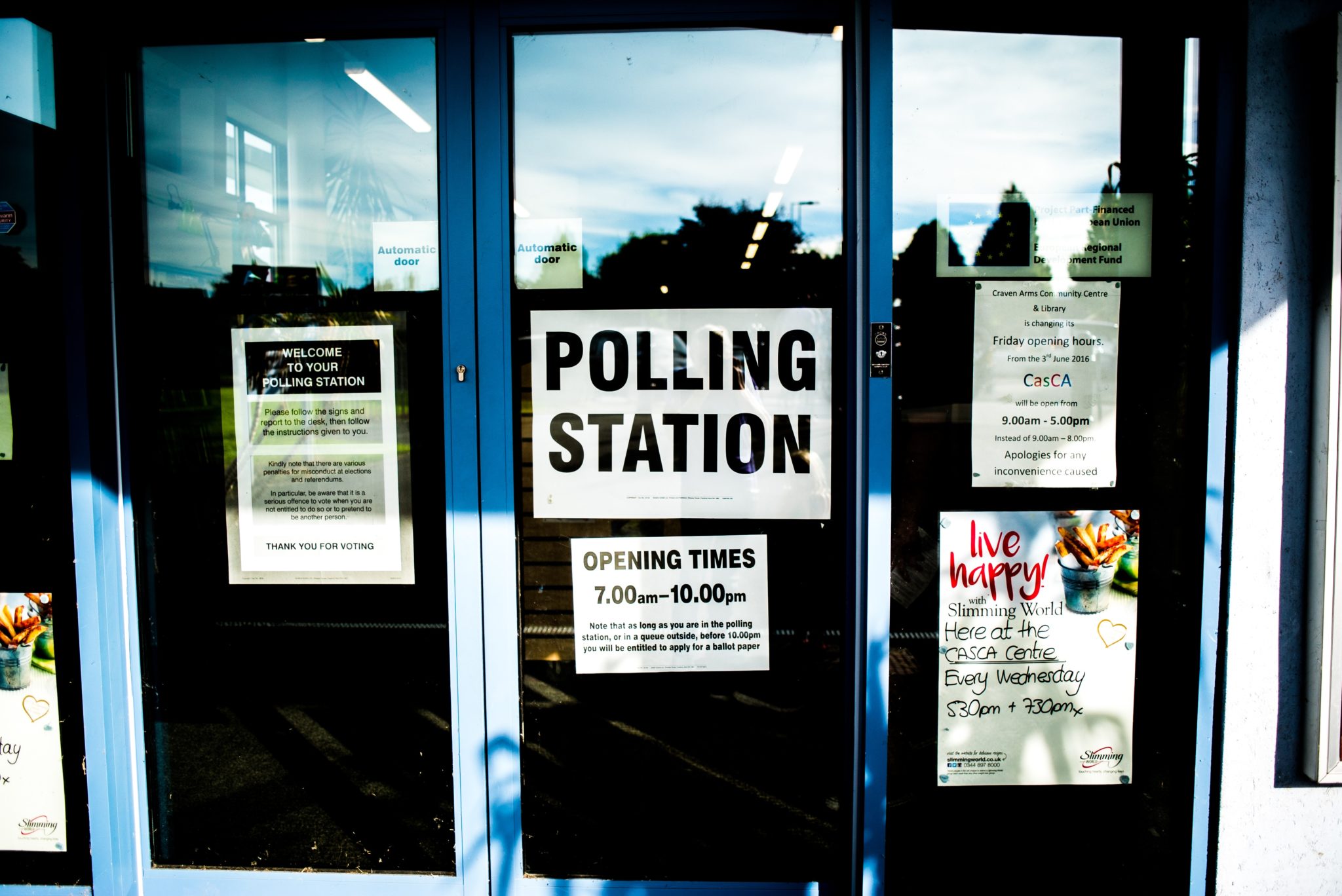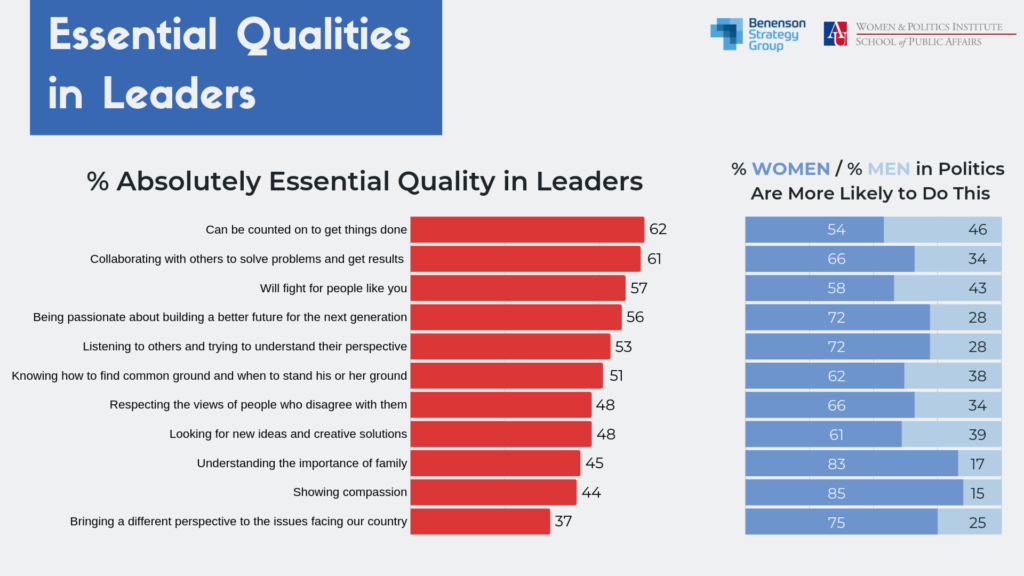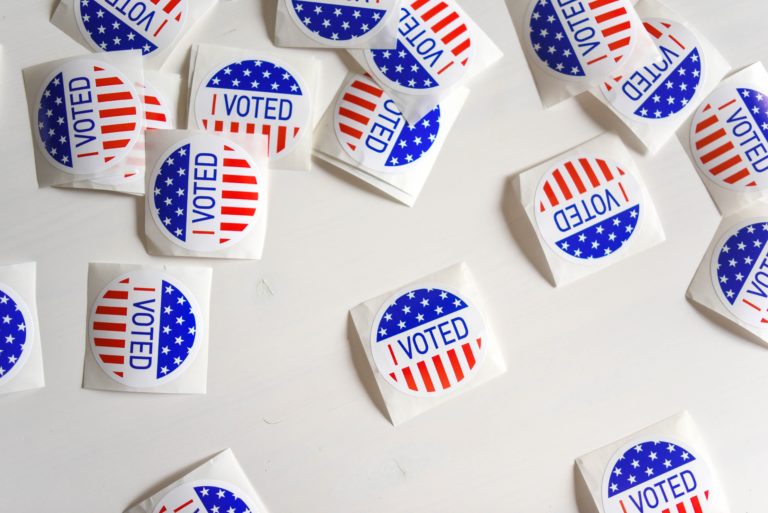On July 19, 1848, over 300 (mostly) women gathered for the Seneca Falls Convention,…
What Qualities Actually Matter to Voters?

Recent research of the business sector indicates that when it comes to hiring for managerial positions, men are judged on their leadership potential while perspective female hires are evaluated far more on their actual job-related experience. This, not surprisingly, has led some to ask whether we see the same thing happening as voters assess the men and women running for political office. Looking at the presidential field, for example, are candidates like Beto O’Rourke or Pete Buttigieg being judged more on their potential than their political experience? Does this mean that female candidates need to focus on convincing voters they have the experience necessary to lead the country?
After all, an election gives each voter the chance to be a hiring manager for a day. Instead of sorting through a pile of resumes, checking references and conducting in-person interviews in an office conference room, informed voters put their candidates through their own sort of scrutiny: reviewing biographies, reading news articles, talking to friends and family, watching a candidate debate or town hall. Eventually an opinion is formed and a choice is made at the ballot box.
But political leadership potential can differ from corporate leadership potential. How do voters evaluate leadership qualities of a candidate for elected office? What are the actual qualities that are most important to voters in this time of gridlock and extreme partisanship? And what if, the same emphasis was placed on the leadership qualities that female candidates possess?
In this respect, women running for political office may actually be well-positioned.
Recent research conducted by WPI and Benenson Strategy Group shows that women fare far better on leadership qualities that voters care about the most in a candidate. Those qualities include: collaborating with others, getting things done, listening to others, and finding common ground.
Indeed, women outpaced men in terms of possessing every one of the eleven leadership qualities we tested.
For example, 72 percent said women were better at listening to others and trying to understand other perspectives – a leadership trait that 84 percent of voters said was essential for political leaders to have, including 53 percent who said it was “absolutely essential.”
Large majorities of women and men alike say it’s essential that leaders collaborate with others to solve problems (88%) and respect the views of people who disagree with them (78%) – and women are seen as more than twice as likely than men to embody those qualities.
And among women voters, the margins on every quality were even more pronounced. For instance, 82 percent said women were more likely to be passionate about building a better future for the next generation, a quality that 87 percent of voters agreed was essential for candidates to possess, while only 18 percent said men were more likely.
And in another indication of the positive perceptions of female leadership, when we looked more broadly at the notion of women in politics, more than three-quarters of voters agreed that women politicians bring a new and different perspective to politics that will help our country move forward.
This is all to say that women are seen – both by other women as well as men – as doers and problem-solvers who are willing to stand their ground but also collaborate, listen and bring new viewpoints into the political arena.








